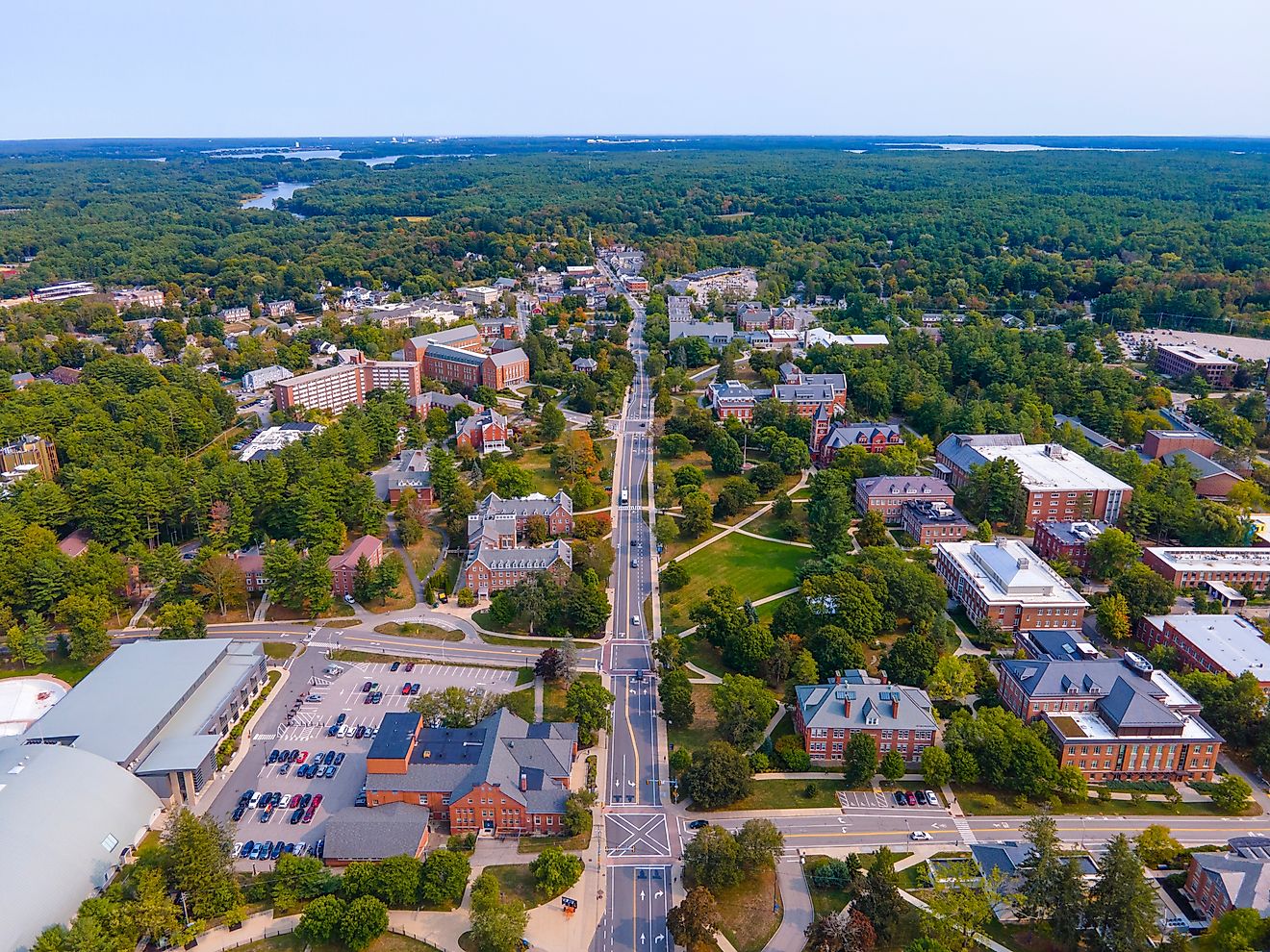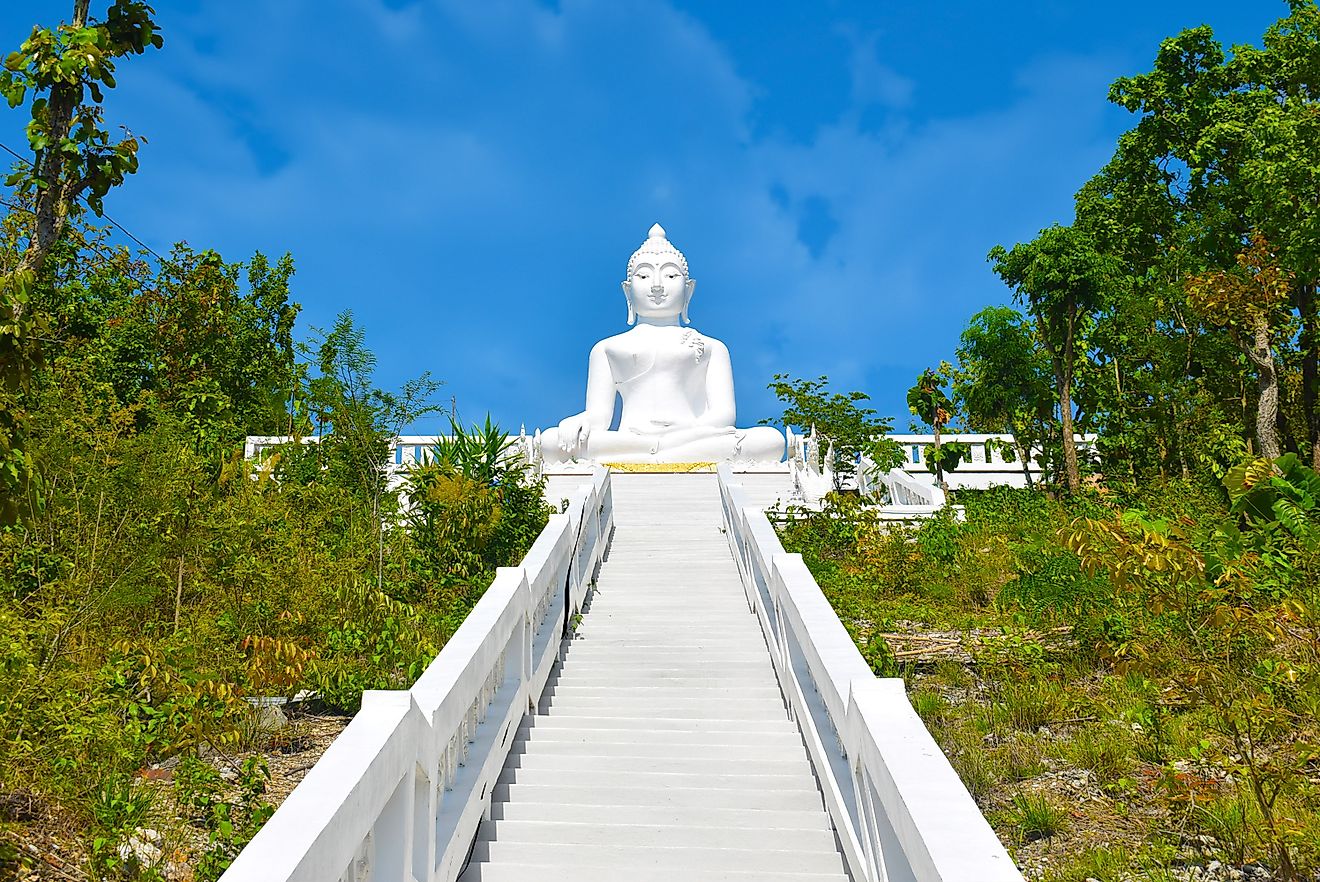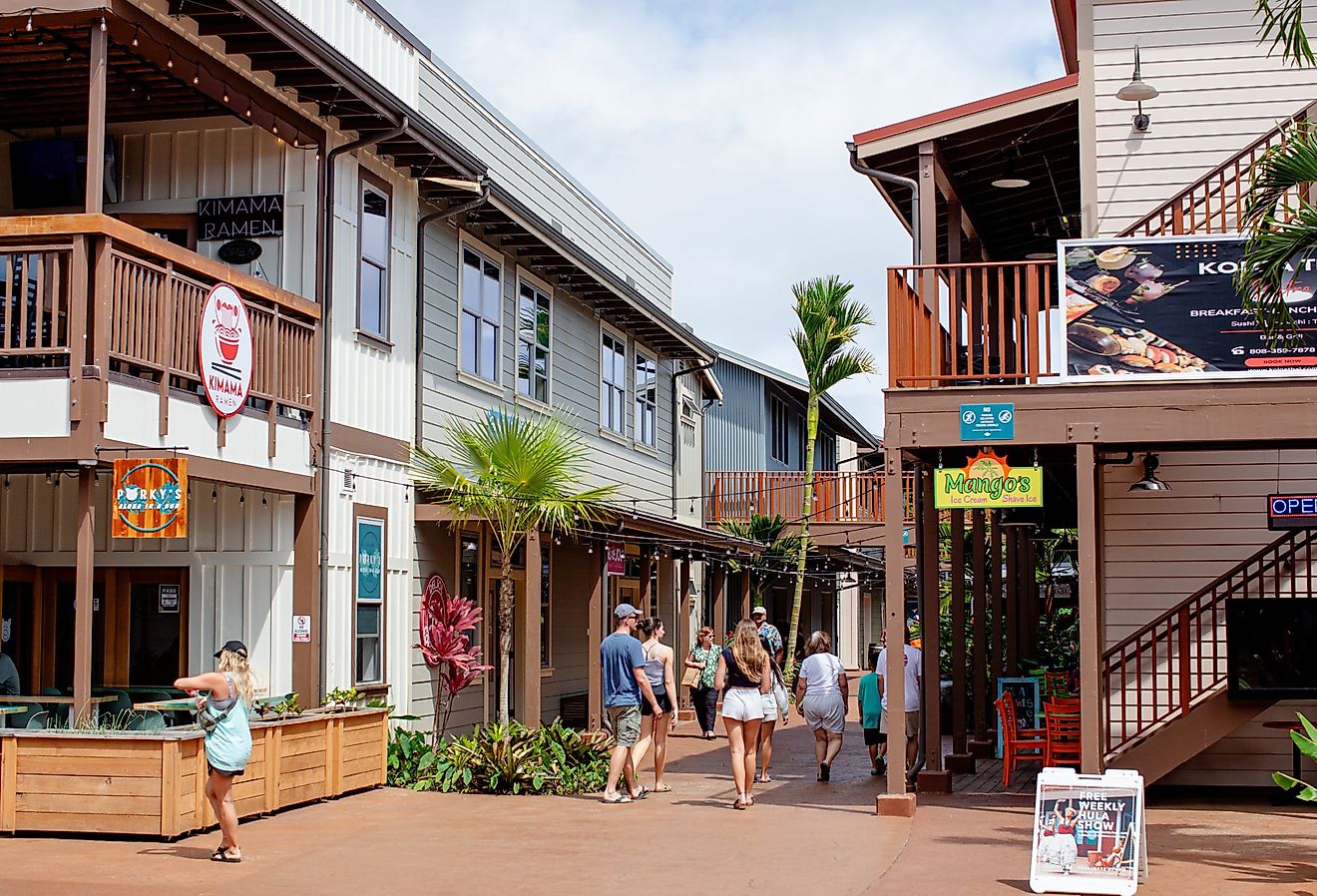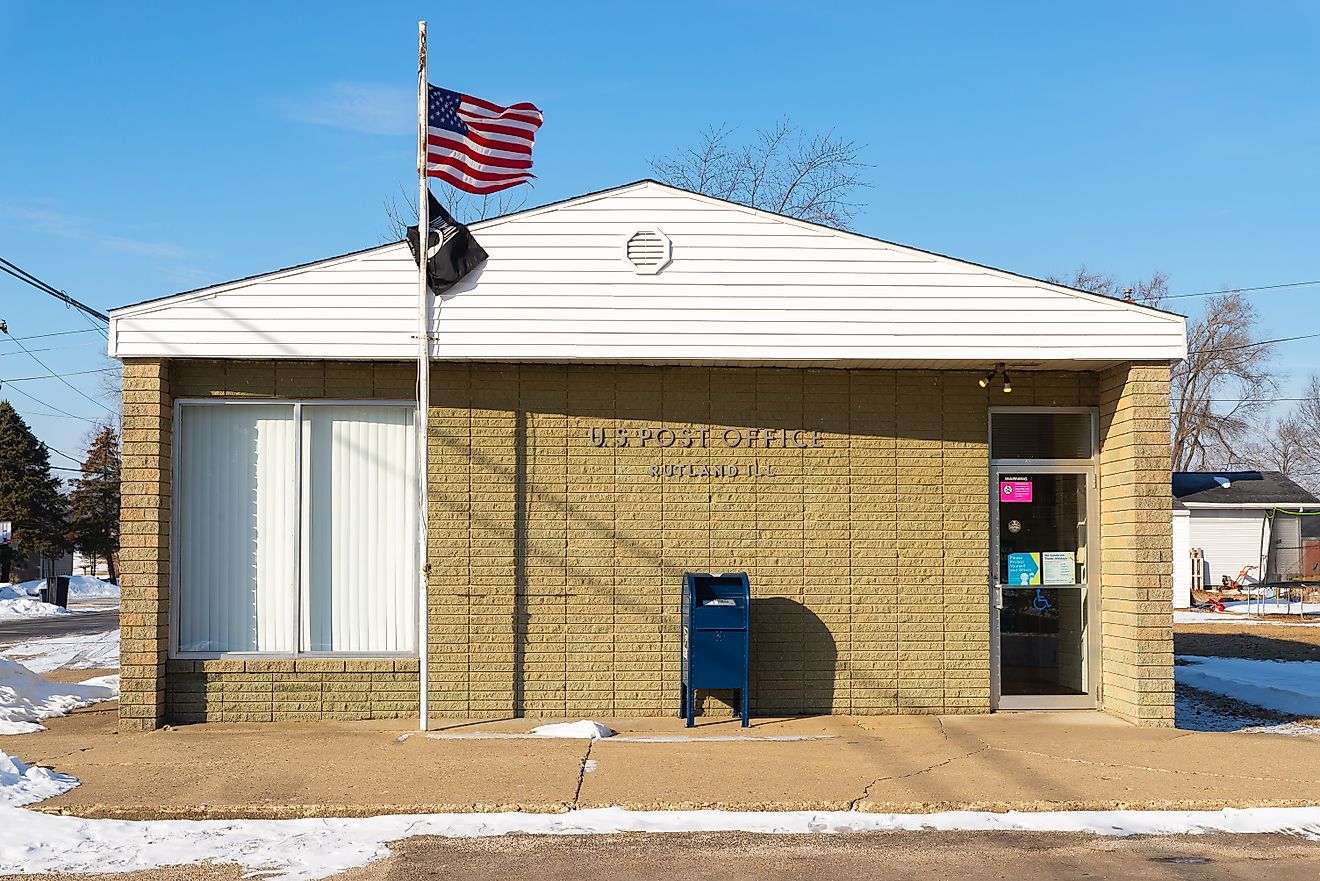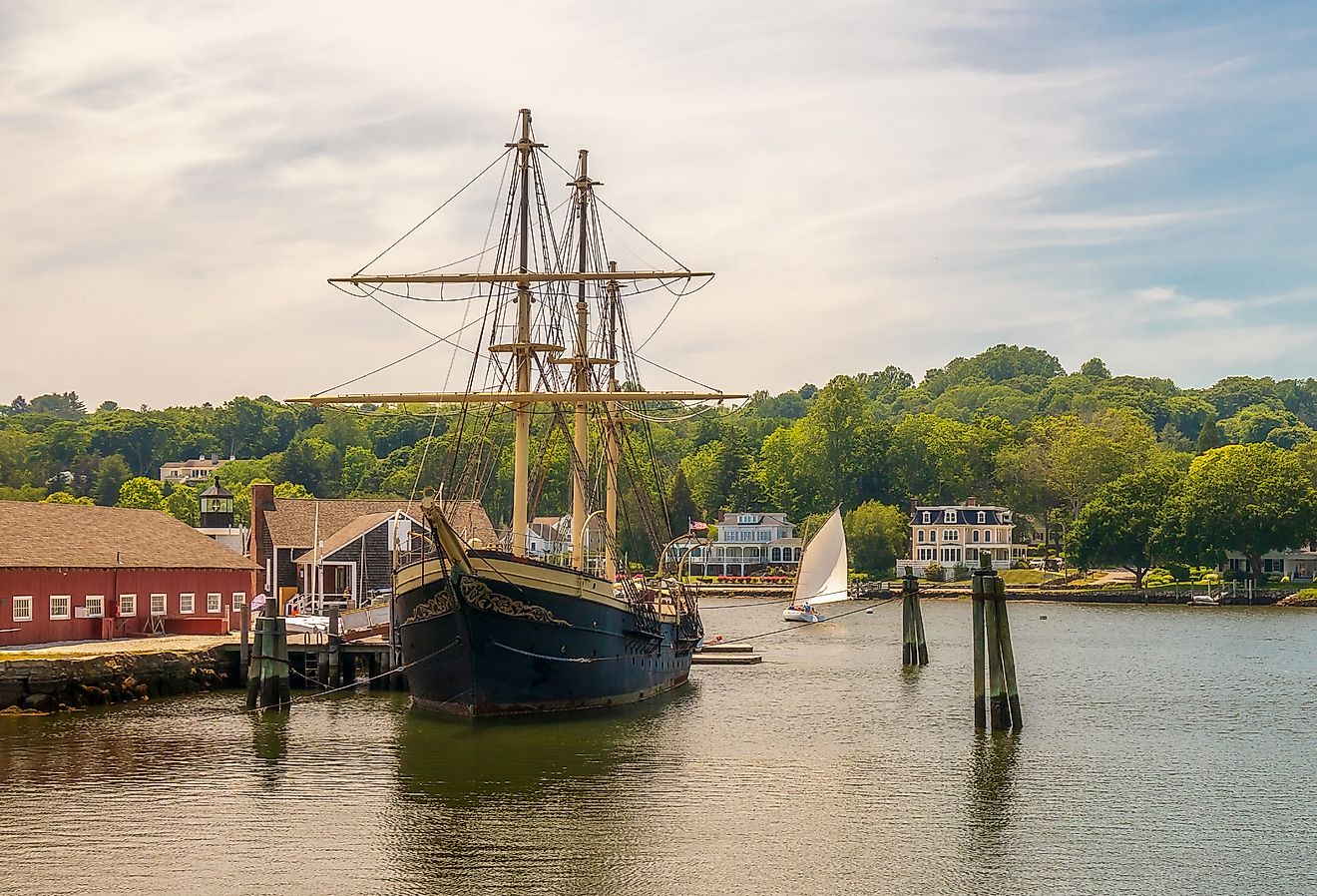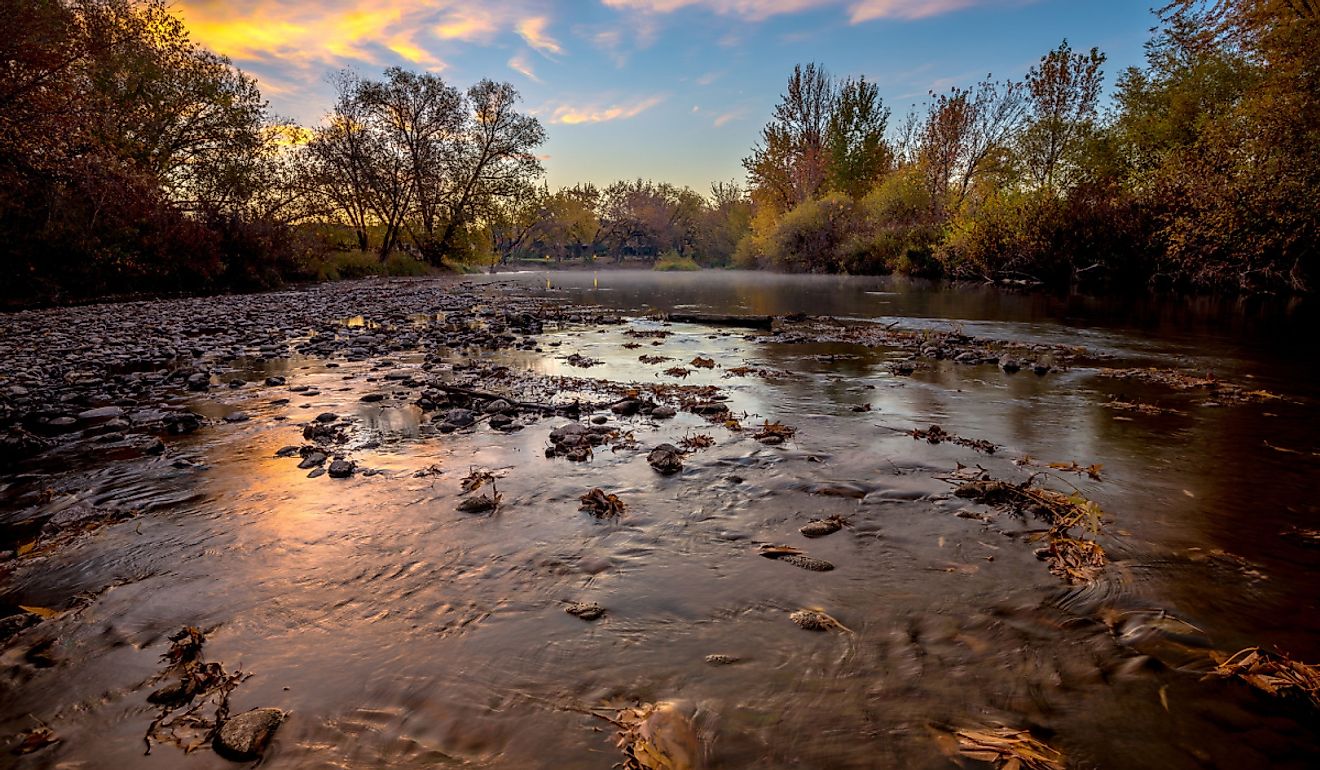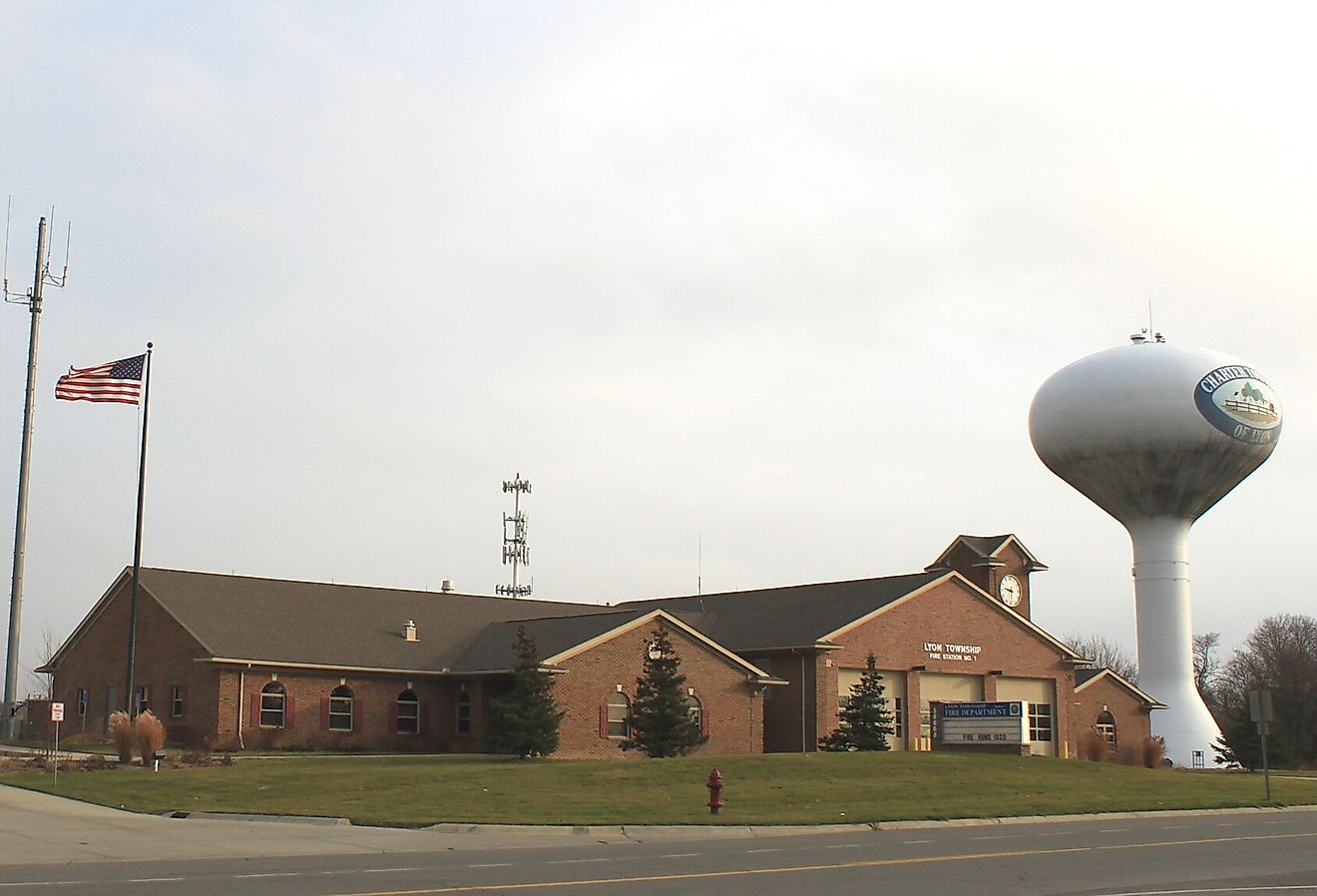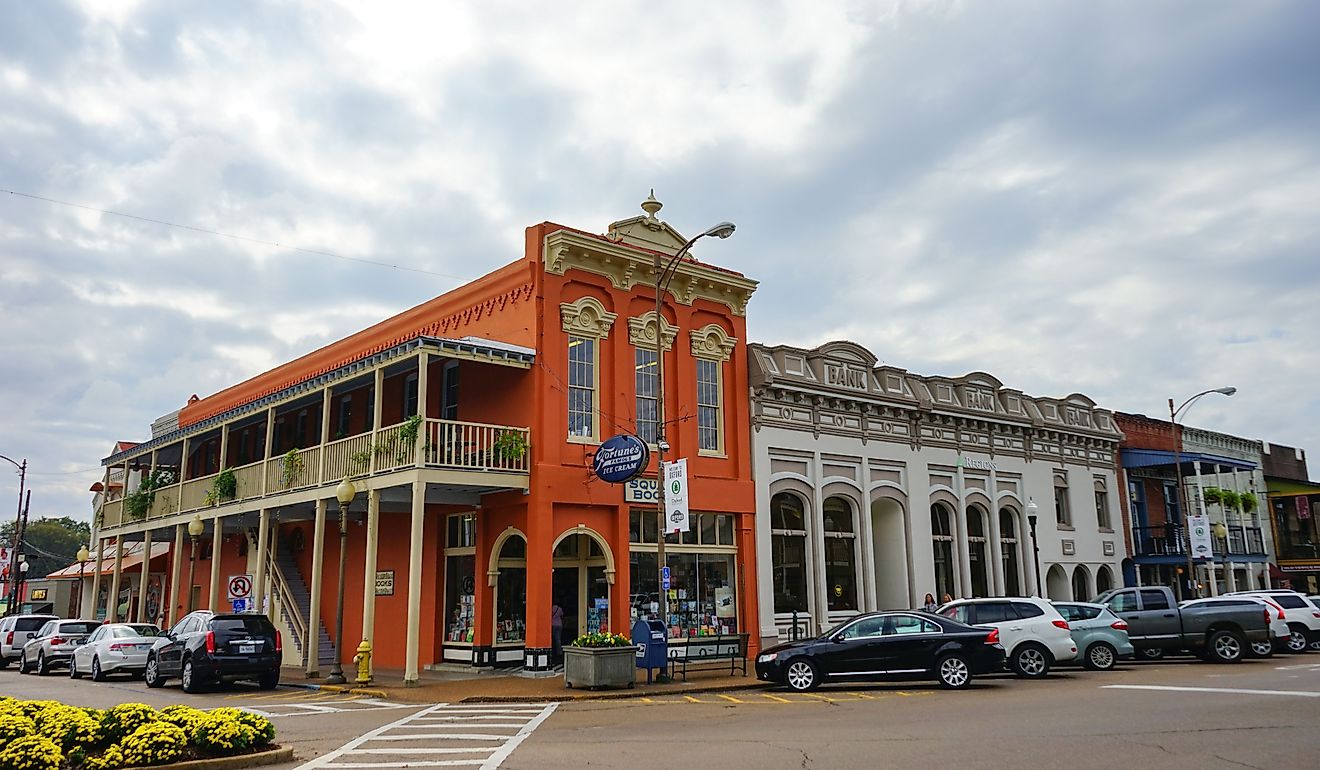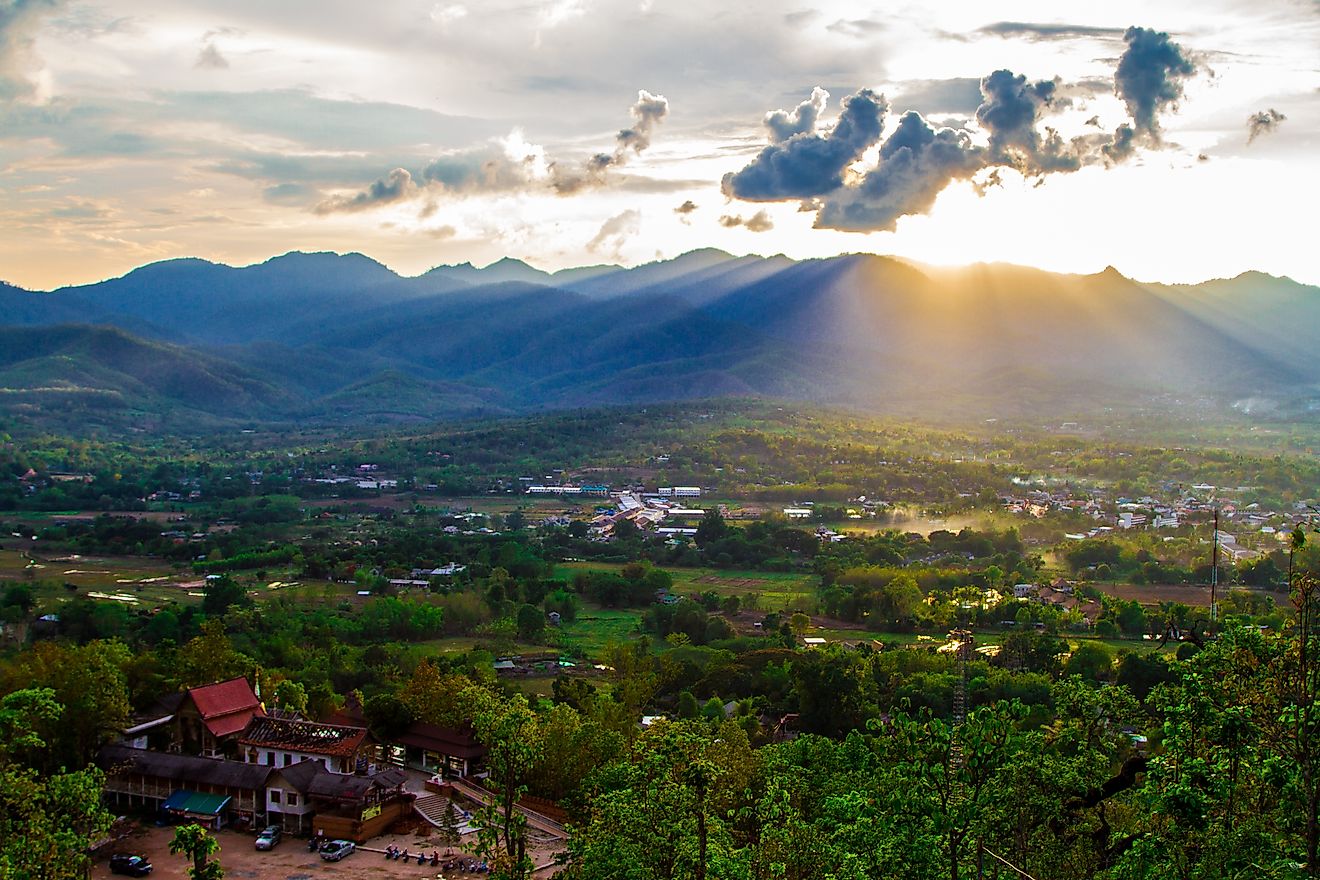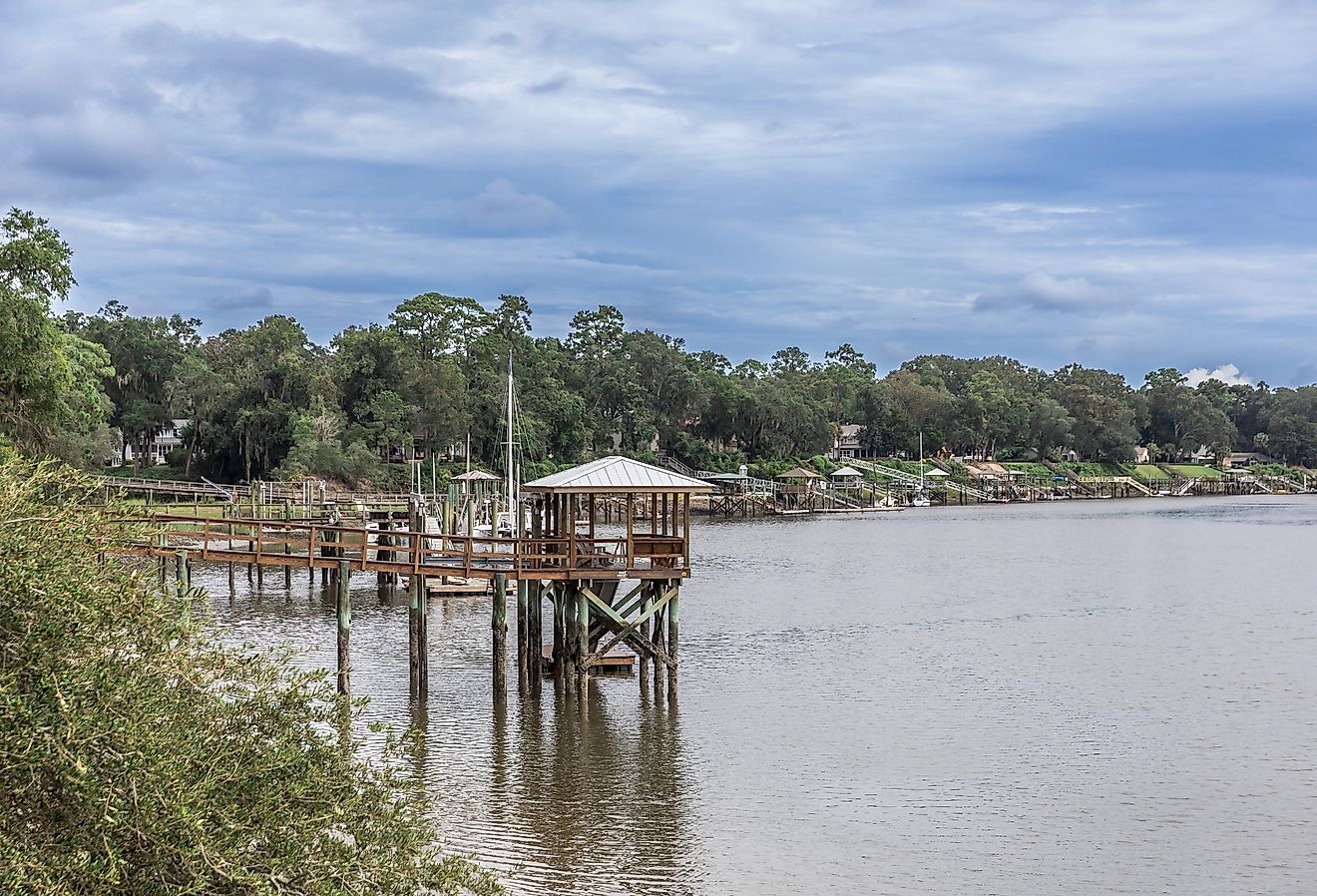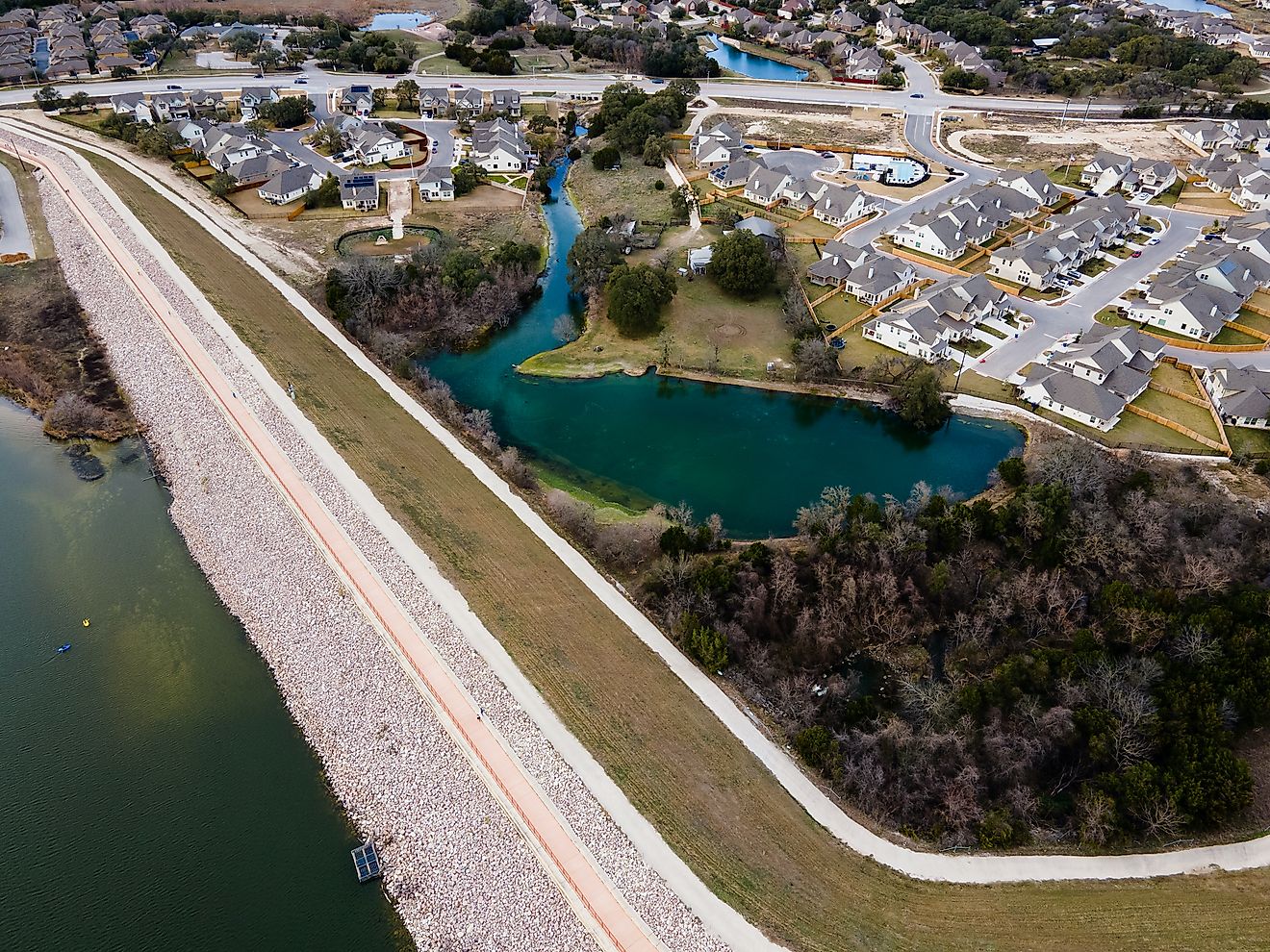Fes El Bali - Unique Places Of Morocco
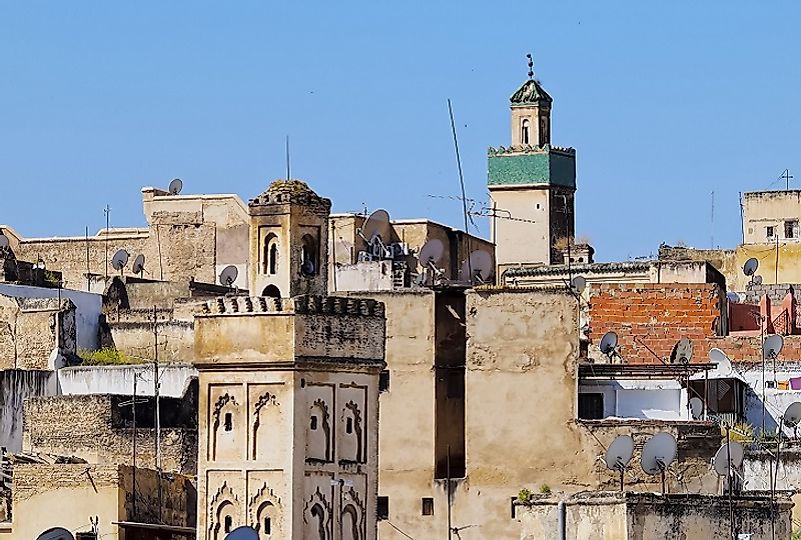
5. History
An ancient walled part of the Moroccan city of Fez, the Fes el Bali is a historically significant site in Morocco. The city was founded by Idris ibn Abdallah, the ruler of the Idris Dynasty between 789 and 808 AD as the capital of his kingdom. Originally, the city was built on the right bank of the Fes River and refugees from Cordoba formed the greatest part of its population. In 809 AD Abdallah’s son, Idris II, also founded another fortified settlement on the left bank of the river whose bulk of the population comprised of refugees from Kairouan. The two settlements on either side of the river developed independently of each other till the 11th century when the Almoravids united them under the rule of the Almohads. During the rule of the Merinids between the 13th to 15th centuries, Fez Jedid, another new town was founded adjacent to the Fez el Bali. Today, both the Fez el Bali and Fez Jedid form an integral part of the modern Moroccan city of Fez and have been declared a part of the UNESCO World Heritage Site of Medina of Fez.
4. Tourism
The Fes el Bali is today a major tourist attraction in Morocco with thousands of tourists visiting this ancient city to explore its history, culture, art and architecture. Since the infrastructure facilities of the city of Fez is yet to be developed well, tourists are asked to plan well before venturing out on a journey to this Moroccan attraction. The city of Fez is equipped with the Saïss Airport and hence can be reached via air travel. Fez also has a railway system connected to Casablanca, Oujda and Tangier, this being a second way for tourists to approach this city.
3. Uniqueness
The Fez el Bali represents one of the finest examples of historic towns belonging to the Arab-Muslim world, founded during the nascent years of Islamization of Morocco. It also hosts the world oldest operating university, the University of Al Quaraouiyine that was founded by Fatima al-Fihri in 859 AD as a madrasa adjacent to a mosque. Over the years, the madrasa developed into an university that became a major spiritual and religious learning center in the Islamic world. Today, the modern city of Fez is thus known as the “ Mecca of the West”. Fez is also one of the largest vehicle free zones in the world today.
2. Architecture
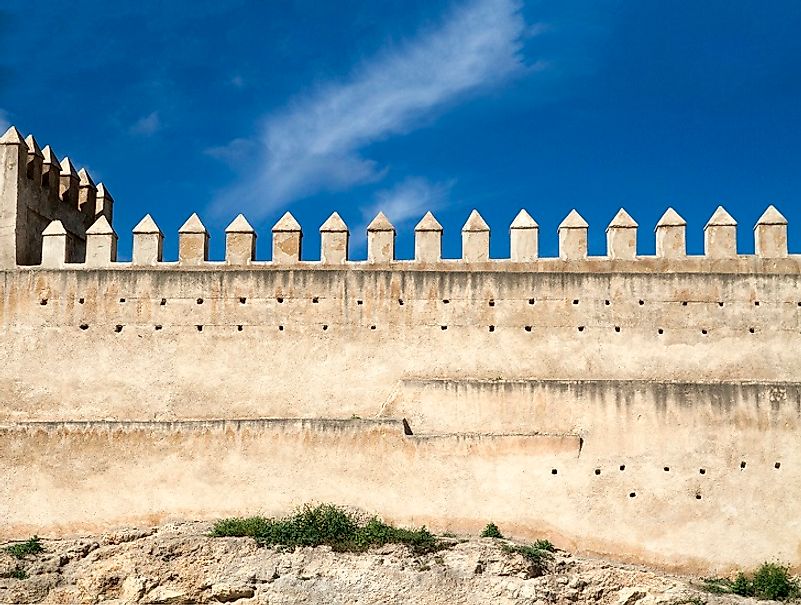
The architecture of the religious, civil, and military constructions of the Fes el Bali appear to have been influenced by architectural and ornamental styles and techniques prevalent over a span of 10 centuries. Today, a large number of well preserved mosques, residences, places, forts, fountains and madrasas of the ancient Arab-Islamic world can be found in the historical site of Fes el Bali. The architecture appears to have used inspiration from both local styles and international ones. Oriental, Andalusian and African influences are easily visible in the design and decorations of the buildings and monuments of Fes el Bali. The architectural richness of the ancient fortification also provides an insight into the culture, lifestyle and skills of the people inhabiting Fes el Bali centuries ago. The Old City wall is pictured above.
1. Threats and Conservation
Today, the Fez el Bali faces significant threat from the rapidly expanding modern city of Fez and its fast growing population. The need for space might lead to the destruction of the old buildings to make way for modern human habitations. The ancient buildings of the Fes el Bali also need constant monitoring, repair and management which needs sufficient funding that often lacks in the region. However, since the site holds potential to draw more tourists in the future, generating sufficient income for the region, the concerned authorities are trying to protect and preserve the World Heritage Site with the available resources, hoping that the Fes el Bali will survive the test of times to emerge as a global tourism hot spot.
